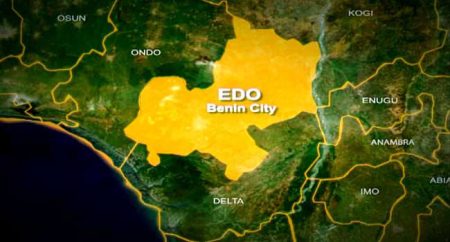Blockchain technology is rapidly emerging as a transformative force with the potential to revolutionize various sectors across Africa. Its decentralized and transparent nature offers solutions to long-standing challenges in finance, trade, governance, and more. By enabling secure and efficient transactions, blockchain can bridge economic gaps, promote financial inclusion, and enhance transparency, paving the way for a more inclusive and prosperous future for the continent. However, realizing this potential requires addressing existing obstacles such as regulatory uncertainty, limited internet access, and a lack of public awareness.
One of the most significant impacts of blockchain in Africa lies in its ability to address the continent’s financial inclusion gap. Millions of Africans remain unbanked, lacking access to essential financial services. While mobile money platforms have made some strides in improving financial inclusion, challenges such as high transaction fees and cross-border payment delays persist. Blockchain-based solutions offer an alternative by facilitating seamless and cost-effective transactions, eliminating intermediaries, and reducing costs. This can empower small and medium-sized enterprises (SMEs) and facilitate cross-border trade, stimulating economic growth. Platforms like BitPesa exemplify this potential by enabling efficient cross-border transactions for businesses and individuals.
Beyond finance, blockchain is transforming other sectors. In agriculture, it connects small-scale farmers directly with buyers, ensuring fair pricing and reducing exploitation by intermediaries. Platforms like Ghana-based Agrocenta demonstrate this by leveraging blockchain to create transparent and equitable agricultural supply chains. The creative industry also benefits from blockchain’s ability to protect intellectual property and ensure fair compensation for artists. Smart contracts enable transparent revenue distribution, addressing issues of piracy and unfair royalty payments, and empowering content creators. This reshapes the creative economy and provides artists with greater control over their work.
Despite the promise of initiatives like Nigeria’s eNaira, a central bank digital currency (CBDC), its adoption has been hampered by security concerns and usability issues. These challenges highlight the need for careful consideration of user experience and robust security measures when implementing blockchain-based solutions. Furthermore, to fully realize the potential of blockchain, it is crucial to address the existing skills gap and empower the youth with the necessary knowledge and expertise. Blockchain education and training programs can create job opportunities and equip the next generation with the skills to drive innovation in this rapidly evolving field.
Addressing the challenges hindering blockchain adoption is critical to unlocking its transformative potential. Regulatory uncertainty poses a significant barrier, as unclear legal frameworks can stifle innovation and discourage investment. Governments must develop clear and supportive policies that encourage responsible blockchain development while protecting consumers. Limited internet access also restricts the reach of blockchain technology, particularly in rural areas. Investing in infrastructure and expanding internet connectivity are essential for ensuring that the benefits of blockchain are accessible to all. Furthermore, raising public awareness about blockchain technology is crucial for fostering adoption. Educational initiatives can demystify the technology, highlighting its benefits and addressing misconceptions.
In conclusion, blockchain technology holds immense promise for transforming Africa’s economic landscape. Its ability to promote financial inclusion, enhance transparency, and empower various sectors makes it a powerful tool for driving sustainable development. However, realizing this potential requires concerted efforts from governments, businesses, and individuals. By addressing the challenges of regulatory uncertainty, limited internet access, and public awareness, Africa can unlock the full transformative power of blockchain and pave the way for a more inclusive and prosperous future. Strategic adoption of this technology, coupled with investment in education and infrastructure, can position Africa at the forefront of the global blockchain revolution.














